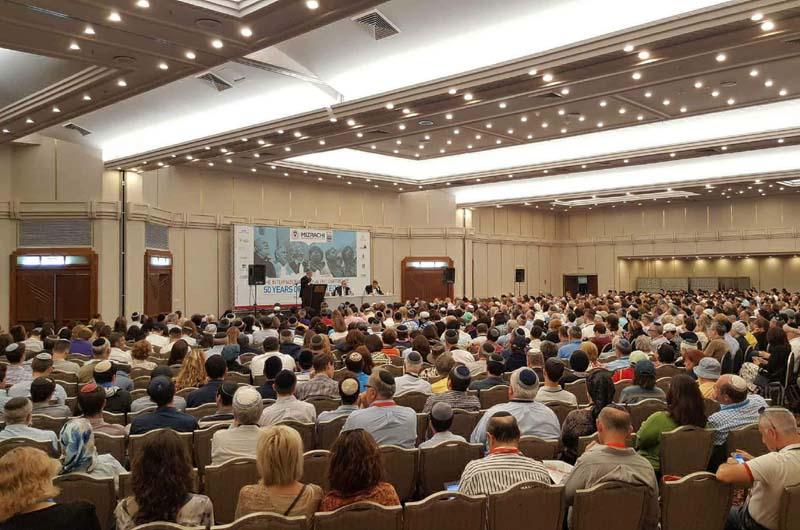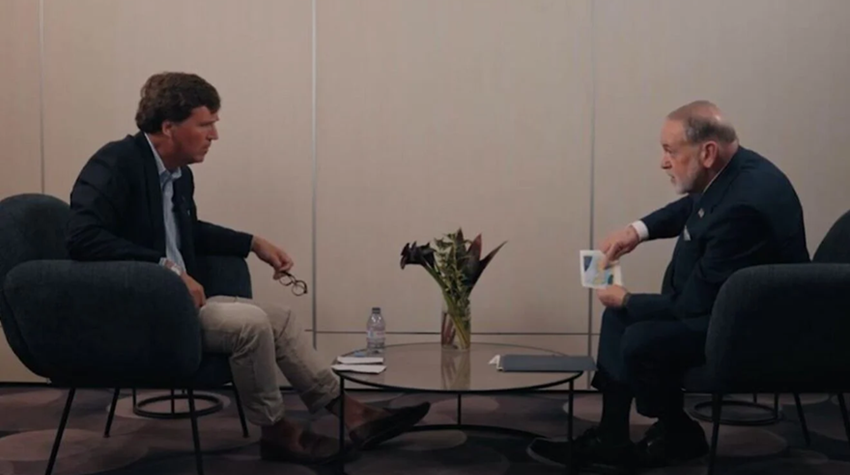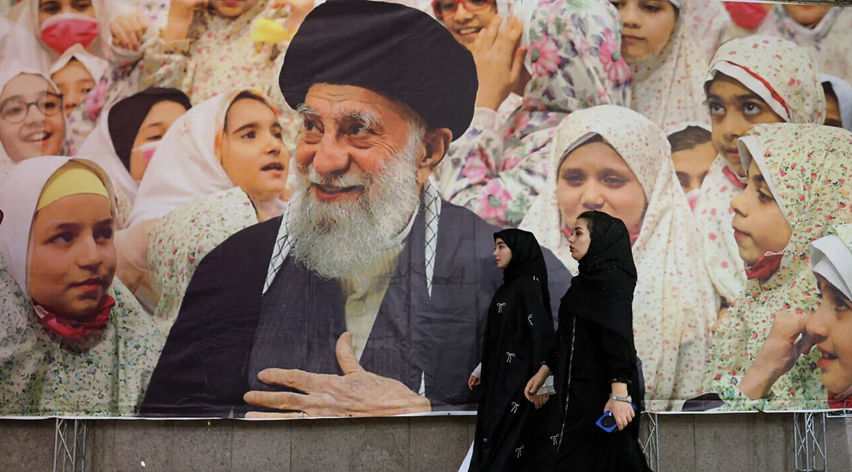In three days, as Israel commemorates its 75th year of independence, one of the world’s largest gatherings of modern Orthodox and Religious Zionist leaders took place in Jerusalem. The World Orthodox Israel Congress, organized by World Mizrachi, welcomed the attendance of more than 1,000 delegates from 50 countries, including Portugal. Prof. Deborah Elijah chaired the Portuguese delegation at the Congress.
The three-day Congress, on April 26 through 28, heard from the leading figures in contemporary Orthodox Jewry, with a mission to provide Jewish communities with a strong voice. Among the delegates were chief rabbis, Orthodox school administrators, and directors of many of the world’s leading Orthodox Jewish organizations, such as shuls, schools, youth groups.
“Our focus over these days is to create a global framework for a comprehensive and united response to the many issues that deserve our attention,” said Rabbi Doron Perez, Executive Chairman of World Mizrachi. Perez, who made aliyah from South Africa, has turned this historic religious Zionist movement into a vibrant and relevant organization, with centers in many countries around the world. The Jewish community in Portugal has now joined the organization.
Anti-Semitism in all its dimensions was one of the most discussed topics at the congress. Prof. Moshe Koppel said modern anti-Semites are highly dangerous. "There is no negotiation or waiting period with anti-Semites. The only strategy is to attack."
Prof. Deborah Elijah chaired the Portuguese delegation at the Congress. She said "Ten years ago, there were no Jews in Portugal, except two or three hundred people who had assimilated. They were an invisible community. Only recently the Jews have acquired some visibility, and sadly the old myths of money and tricks are back in force against the only strong Jewish community in Portugal, the only one that has full synagogues, achdut centres, kosher restaurants, full museums, films on its story, and so on."
Specifically referring to the Jewish community in Oporto, Elijah added that "the community is seen as being associated with money, the Jewish religion is viewed as anachronistic and totalitarian, and the Jewish State of Israel is considered as oppressing weaker people. This idea about us and our work as well as our way of life is found in many sectors of society and throughout the political and media spectrum: on the political left, right and centre."
On the brazen attack that the community suffered in 2022 by some Portuguese elites, Deborah Elijah said "the basis for Soviet-style antisemitism was primarily the use of criminals and the press to defame the most important Jewish communities, to associate them with immoral businesses and then to try the rabbis for fictitious corruption. Weak communities linked to existing powers were used to serve as propaganda, like a musical instrument, as my father was forced to play the violin in the Theresienstadt concentration camp.”
The Orthodox Congress website states: “We are definitely part of the broader Jewish community. Though we are (all) different, we are all brothers and sisters (Hashem’s children) and we look forward to continuing to strengthen our kesher (connection) with all Jews in the context of the WZO and other non-denominational organizations. That having been said, the Orthodox community faces issues unique to itself and needs a voice that can address these issues from an Orthodox perspective.”


































